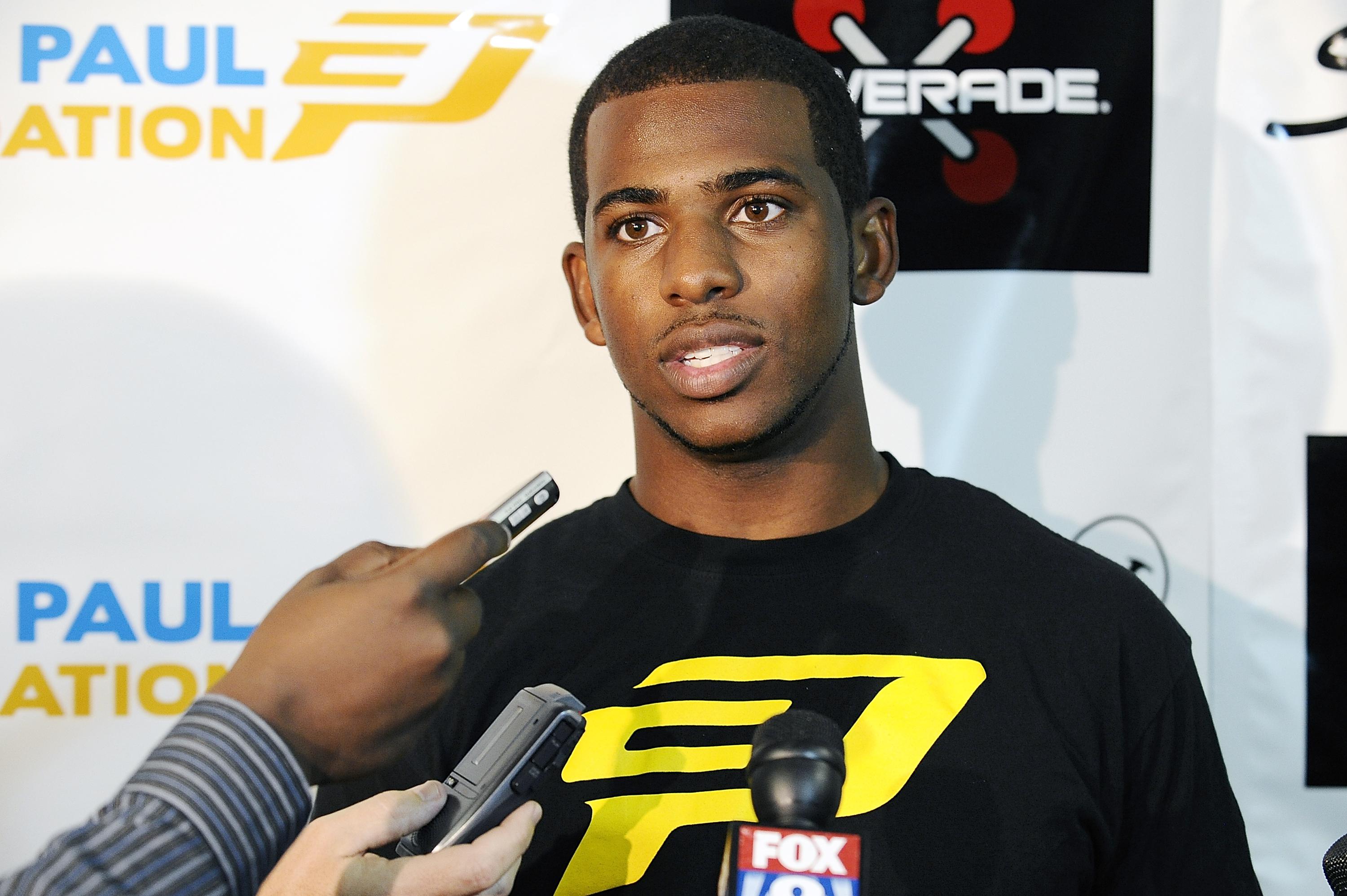More fun, but about as convoluted, as the European Union treaty negotiations was last night’s bizarre happenings around Chris Paul. First, the Los Angeles Lakers announced that they were acquiring Paul—the best point guard in the game—from the New Orleans Hornets in a three-team trade that also involved the Houston Rockets. There were two flies in the ointment. One is that the Hornets are actually owned by the NBA itself rather than by a separate ownership group. The second is that the owners believed themselves to have just won a labor dispute that was specifically supposed to counter the disadvantages faced by so-called “small market” owners who were incensed by the prospect of a top-tier star like Paul going to the Lakers. So under pressure from the owners, NBA Commissioner David Stern took the nearly unprecedented step of vetoing the trade.
Several bullets in response:
— As a causal matter, the veto seems to have happened in large part because of the unusual ownership structure of the Hornets. But procedurally speaking, I don’t think that was relevant and owners can now pressure Stern to veto all kinds of trades they don’t like.
— It’s far from clear that this was actually a good trade for the Lakers. See John Hollinger for long form of the argument, but suffice it to say that this would have risked LA giving major minutes to replacement-level big men only to discover that there’s only one ball for Paul and Kobe to share.
— By contrast, this was an excellent move for Houston who were getting Pau Gasol for spare parts and a draft pick. They’re the clear losers here.
— The owners don’t seem to realize that the more they act as a cartel to squeeze players’ monetary compensation the stronger the hand of teams in the desirable locations becomes because non-salary compensation (including both endorsements and non-monetary benefits of playing with your friends or winning championships) starts looming larger in the equation.
— The owners also seem to be in denial about the reality that the marginal value of a win is higher in teams with large (and/or rich) fanbases, so a flat distribution of talent is economically inefficient. Trying to redistribute talent, rather than profits, ends up reducing profits.
— It’s not clear to me why they don’t just eliminate this New Orleans franchise. Everyone knows there are too many NBA teams. Nobody wants to own this team, nobody wants to play for it, and there’s no a priori reason to believe an NBA franchise in New Orleans could ever be financially viable.
As a whole, I see this as a synedoche for the worst aspects of the American economy as a whole. Many NBA franchises are perennially mismanaged, but the Association is structured so as to prevent the liquidation of mismanaged franchises and their replacement by functioning sqauds. Incompetence is papered-over rhetorically by the conceit that teams playing in the country’s largest and second-largest metro areas are somehow saddled with “small markets” while the San Antonio Spurs pay luxury tax. Then rather than raise their game, the owners cartelize to reduce the labor share of income and now are engaged in anti-competitive meddling in transactions. But nothing about this veto undermines the real advantages enjoyed by the Lakers, even while they’ve managed to screw over the scrappy innovatively managed Houston Rockets.
